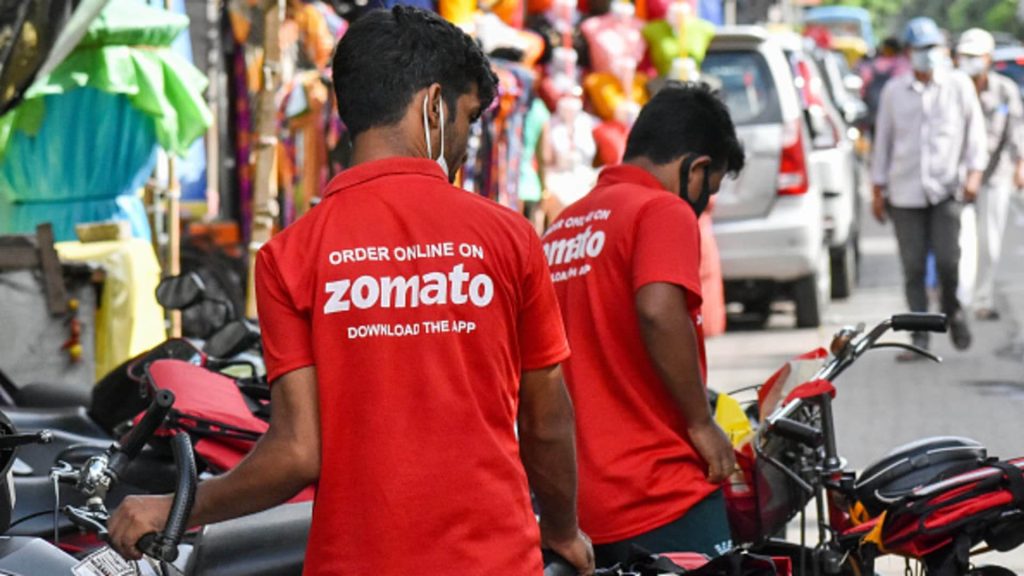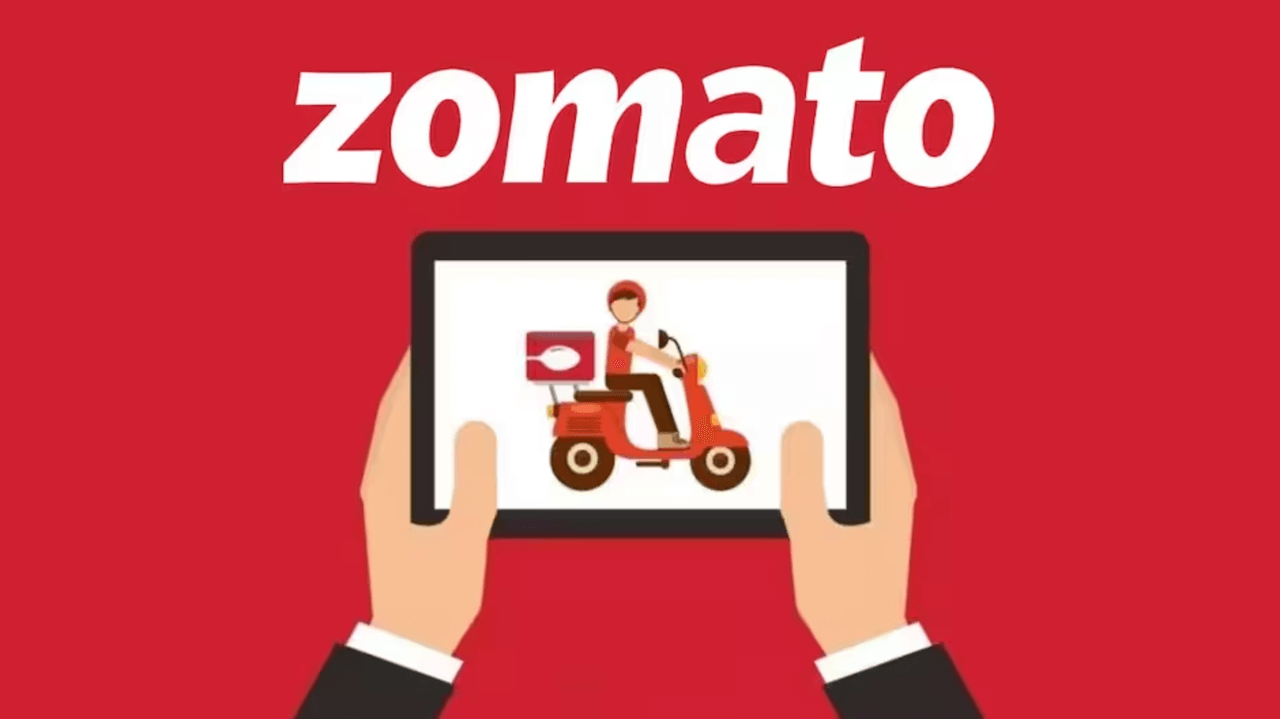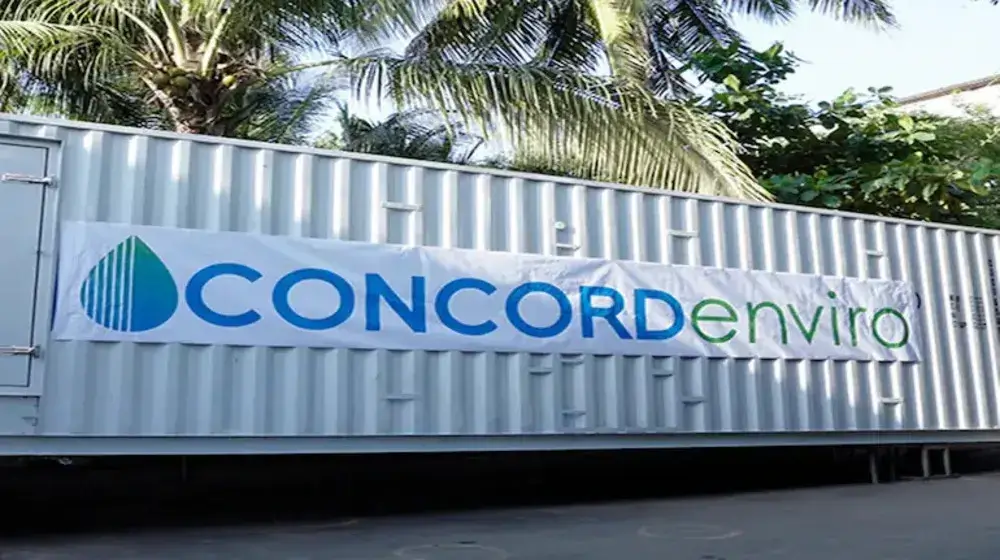Zomato: 7 Game-Changing Reasons Why It Is Revolutionizing The Food Delivery Industry
Table of Contents

In the fast-paced, tech-driven world we live in, convenience is key, and one company that has mastered this art is Zomato. Founded in 2008 by Deepinder Goyal and Pankaj Chaddah, it began as a restaurant discovery platform, helping users find local eateries, view menus, and read reviews. Over the years, it has evolved into one of the leading food delivery services in India and around the world, with operations in 24 countries. As we delve into the incredible success story, we’ll highlight the seven game-changing factors that have made it a trailblazer in the food delivery and tech space. From its technological innovations to strategic business decisions, this is a prime example of how technology can be harnessed to revolutionize traditional industries.
1. A Strong Start: Building Trust with Restaurant Reviews and Ratings
In its early days, it stood out by offering a user-friendly platform that allowed people to browse restaurant menus, read customer reviews, and make informed dining decisions. By focusing on creating a reliable and comprehensive restaurant discovery tool, they built a strong foundation of trust with its user base. This emphasis on authentic, user-generated content set this app apart from competitors and gave it a unique position in the market.
In a time when food options were often limited to word-of-mouth recommendations, they can provided a transparent and accessible platform where users could explore diverse restaurants, compare prices, and find hidden gems. This level of transparency established this app as a trusted name in the food industry and paved the way for its later ventures into food delivery and restaurant services.
2. Seamless Transition to Food Delivery: The Power of Diversification
One of the key turning points for growth was its seamless transition from a restaurant discovery app to a full-fledged food delivery service. With the growing trend of online food ordering, it capitalized on this opportunity to expand its service offerings.
The launch of the Delivery option was strategic, as it not only tapped into the increasing demand for convenience but also made use of the company’s vast database of restaurant listings. By integrating online food ordering with its existing platform, in that way, they were able to offer users a one-stop solution for discovering restaurants, reading reviews, and ordering food—all from a single app. This diversification helped them reach new audiences and solidify its position in the highly competitive food delivery industry.
3. Tech Innovations: Smart Logistics and AI-Driven Solutions
Zomato has also set itself apart by incorporating cutting-edge technology into its business operations. The company has consistently invested in improving its app’s user experience, as well as optimizing its delivery logistics to ensure fast and efficient service.
One of the standout technological innovations that has given them a competitive edge is its use of Artificial Intelligence (AI) and data analytics. The company uses AI-driven algorithms to predict delivery times, optimize routes, and match the right delivery partners with orders based on their location. This not only improves operational efficiency but also ensures faster delivery times, a critical factor in the highly time-sensitive food delivery market.
Moreover, their AI tools are also used to analyze customer preferences and provide personalized restaurant recommendations. By continuously gathering and analyzing user data, it has been able to improve its service offering, enhance customer satisfaction, and stay ahead of its competitors.
4. Strategic Acquisitions: Expanding the Reach
Zomato’s aggressive expansion strategy also includes acquiring smaller food tech companies to expand its reach and enhance its offerings. Over the years, Zomato has acquired several key players in the food delivery and restaurant technology space.
For example, Zomato acquired the food delivery service “FoodieBay” in 2010, which was later rebranded as Zomato. In 2018, Zomato acquired UberEats’ India business, making it a dominant player in the market. The acquisition helped Zomato expand its delivery network, gain market share, and access a larger customer base.
These strategic acquisitions have allowed Zomato to not only increase its market presence but also enhance its technological capabilities, streamline operations, and provide more value to its users. By tapping into the expertise of these acquired companies, Zomato has been able to stay ahead in a highly competitive and rapidly changing industry.
5. Global Expansion: Scaling Up to New Markets
While Zomato started in India, the company has made bold strides in expanding internationally. Zomato now operates in 24 countries, including the UAE, Australia, the UK, and the Philippines. Its global expansion has been marked by acquiring local food tech companies and tailoring its offerings to suit regional preferences.
The company’s international journey hasn’t been without challenges, as it has had to adapt its model to local regulations, customer tastes, and competitive landscapes. However, Zomato’s ability to scale and adapt to new markets has been a critical factor in its success. For instance, Zomato introduced innovations like local language options in various countries and adjusted its marketing strategies to resonate with regional consumers.
Zomato’s global expansion not only increased its customer base but also helped the company tap into new revenue streams, establishing it as a global leader in the food tech space.
6. The Zomato Gold and Pro: Loyalty Programs that Matter
Zomato’s loyalty programs, including Zomato Gold and Zomato Pro, have played a significant role in its success. These programs provide users with special privileges, such as exclusive discounts, offers, and access to premium restaurants. By offering users more value through these memberships, Zomato has been able to retain its customer base and encourage repeat business.
These loyalty programs have helped Zomato foster long-term customer relationships, enhance brand loyalty, and differentiate itself from competitors in a crowded market.
7. Corporate Responsibility and Sustainability: A Focus on the Future
It has also been making strides in corporate social responsibility (CSR) and sustainability, both of which are becoming increasingly important to today’s socially conscious consumers. Zomato’s efforts in sustainability include initiatives to reduce food waste, support local communities, and minimize its environmental impact.
The company has also focused on promoting sustainable food practices by encouraging its restaurant partners to adopt eco-friendly packaging and reduce plastic use. Zomato’s “Feed the Future” initiative, which focuses on food distribution and feeding underprivileged communities, highlights the company’s commitment to giving back to society.
In a world where sustainability is becoming a key concern, Zomato’s focus on CSR will not only enhance its brand image but also contribute to the long-term growth and development of the food tech ecosystem.
Conclusion: Ongoing Success and Future Prospects
Zomato’s success is a combination of innovative technology, strategic acquisitions, customer-focused services, and global expansion. As the company continues to revolutionize the food delivery industry, its ability to adapt to changing consumer needs, harness technology, and build strong customer relationships positions it as a dominant player in the market.
Looking ahead, Zomato is likely to continue its growth trajectory, leveraging its technological innovations and expanding into new markets. However, like any major player in a fast-moving industry, Zomato will need to continuously evolve its business strategies to stay ahead of the competition. For consumers, Zomato’s increasing focus on convenience, variety, and customer service makes it an exciting brand to watch in the years to come.

For more interesting stories: POCO X7: Optimizing Performance and Style in the Mid-Range Market | Zomato: 7 Game-Changing Reasons Why It Is Revolutionizing The Food Delivery Industry |







Post Comment